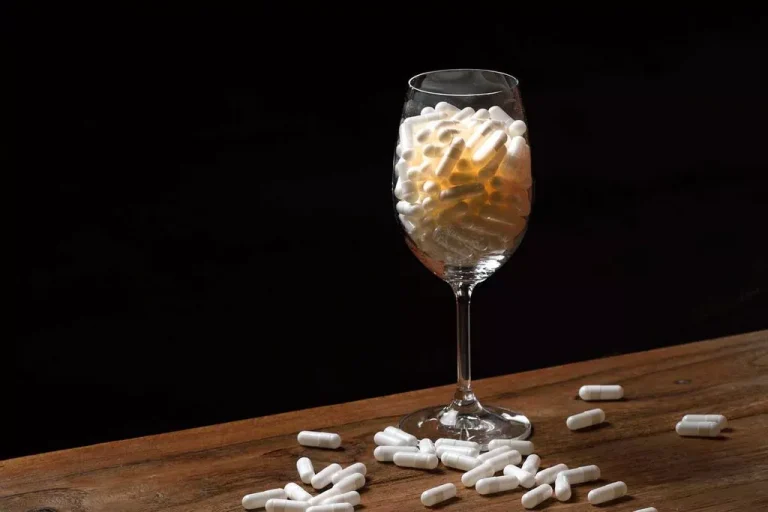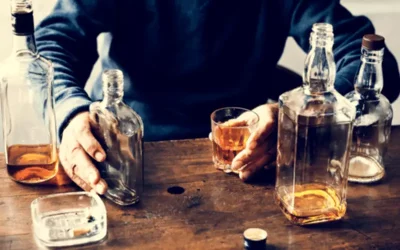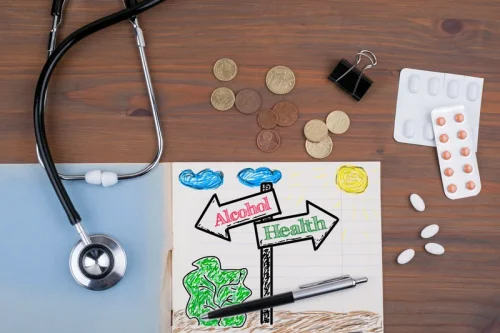
Consuming alcohol leads to dehydration and can affect several systems and functions in the body. It is important for a person to be aware of the signs and symptoms of alcohol-induced dehydration and the ways to avoid it. Alcohol is a diuretic and therefore causes excessive urination. There are also factors that influence every individual’s ability to process alcohol, does alcohol dehydrate you and these, too, can make your experiences a little different. An enzyme called dehydrogenase aids in the processing of alcohol, so the amount of this enzyme produced can influence your body’s efficiency. Hormone levels, dehydration, and whether or not you’ve eaten food recently or if you’re taking any medications can all make you process alcohol faster or slower.

Sodium is an electrolyte mineral found in many foods, and most people obtain adequate amounts from table salt. Dehydration contributes to hangovers but is just a piece of the puzzle. Alcohol can even get into the lungs and be released when you exhale. This is why breathalyzers are often used to check if someone’s driving while intoxicated. This test measures blood alcohol concentration (BAC), or the amount of alcohol in your blood.
According to the CDC, heavy drinking equates to more than three drinks per day or eight drinks per week for females and more than four drinks per day or 15 drinks per week for males. A person who is already at risk of dehydration from one or more of the above factors should avoid or limit alcohol consumption. Dehydration is when the body does not have sufficient amounts of fluid to function effectively.
Some people are more prone to motion sickness than others due to various factors. For example, women are more susceptible to motion sickness than men, and people experiencing hormonal changes (during pregnancy, for example) may also be more prone to motion sickness, says Tuznik. Children under 2 years old and adults over the age of 50 are usually the least susceptible to motion sickness, while it is most common in kids between the ages of 2 and 12, says Tuznik. I spoke with four medical experts about how to treat symptoms and prevent them in the first place.

If you are sick with a stomach virus and experience symptoms like diarrhea and vomiting it can be hard to keep down food and beverages. Your fluid losses may surpass your fluid intake which can increase the risk of becoming dehydrated. Fever can increase the risk of dehydration by increasing fluid loss. For example, diuretics are used when you have swelling or edema. Other types of medications prescribed to lower blood pressure and blood sugar can increase the risk of dehydration, especially when you are not drinking enough fluids.
“If you already suffer with anxiety then caffeine is likely to exacerbate this. In fact, there’s a recognised ‘caffeine induced anxiety’ disorder,” says Thornton-Wood. Want to keep the effects of alcohol to a minimum without cutting it out completely? “It’s about moderation, know your limits, intersperse with water or have spritzers, lower alcoholic content drinks,” says Thornton-Wood.

These drinks can help to restore the body’s balance of fluids and minerals, reducing the risk of dehydration. Pure alcohol contains 7 calories per gram (g), which makes it the second most calorie-dense macronutrient (just behind fat). According to the National Institutes of Health (NIH), an average beer tends to contain 5 percent alcohol by volume (ABV) while the average glass of wine is 12 percent ABV. That means that about 97 calories in a 12-oz beer and 109 calories in a 5-oz glass of wine come from the alcohol, with the rest of the calories coming from carbohydrates. Mixed drinks may contain soda, juice, or other sugar-sweetened beverages as well.

Categories
Submit a Comment